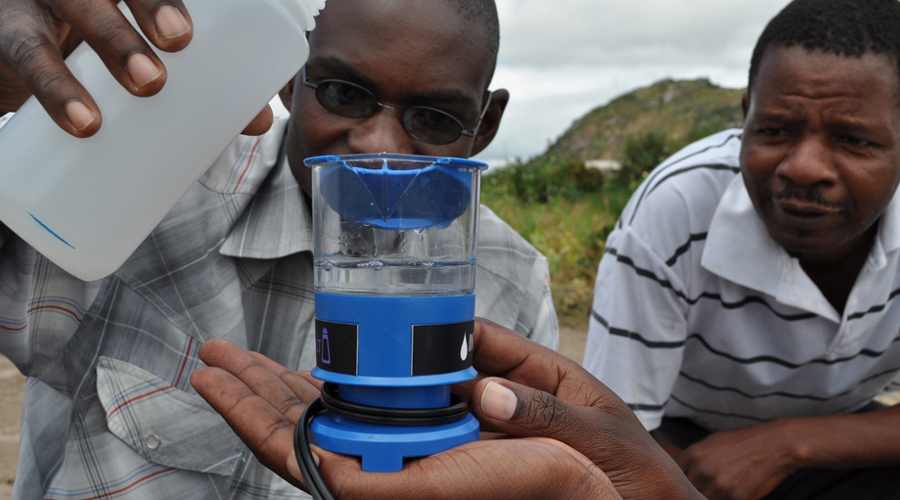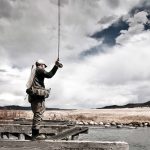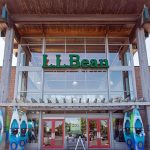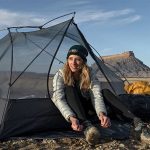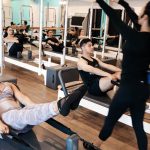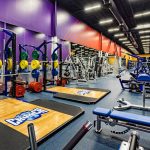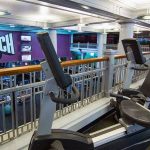MSR Global Health, which is a division of Mountain Safety Research, partnered with three non-profit organizations to expand distribution of its water treatment technology – the Community Chlorine Maker – to a half million people in low-resource environments.
The crowdfunding campaign, launched at the Seattle Interactive Conference (SIC), is being hosted by Indiegogo.
The campaign will raise funds to distribute enough of MSR’s Community Chlorine Makers to produce safe drinking water for 500,000 people for five years or more. MSR works with two trusted nonprofit partners, World Vision and Operation Blessing, to distribute the technology to disaster zones, refugee-impacted areas and rural villages where water is contaminated.
The Community Chlorine Maker provides a low-cost, portable, and easy-to-use solution for treating contaminated water that can cause disease and illness. Using a salt solution and the power of a 12-volt battery, the MSR device makes chlorine, which is used around the world to make water safe to drink. A single device can make enough chlorine in five minutes to treat 200 liters of water. The technology was developed in 2015 by MSR in partnership with the global health innovation group PATH.
“Safe water is within reach, and donors can help us make it happen. Thanks to our amazing nonprofit partners, we can now get the Community Chlorine Maker into the hands of hundreds of thousands of people in need and make an enormous impact on their lives. We’ve got the device and our partners have the vital structure in place to get them into the field,” said Jane Mauser, marketing director at MSR.
The Community Chlorine Maker is part of a solution to massive global problem. The World Health Organization estimated that at least 1.8 billion people get their water from a contaminated source. Unsafe water causes diseases like diarrhea, hepatitis A and typhoid; diarrhea alone kills 361,000 children under the age of five each year. Countless other children are left too sick to go to school, and adults miss work or waste hours each day searching for safe water.
The MSR device was piloted by World Vision in a year-long set of field trials in Kenya and Mali. World Vision deployed 110 of the soup can-sized devices in places like schools, health facilities and households. This resulted in a decline in water-related diseases and an increase in people using treated water for drinking, food washing, bathing, hand washing and general cleaning. Operation Blessing is also using the device in areas of Haiti that were hit hard by Hurricane Matthew, as well as other humanitarian hot zones around the world.
“The Community Chlorine Maker can have a profound impact on people’s lives by empowering them to create safe water. In too many places in the world, the health of people – particularly children – is threatened by unsafe water. We have seen this device provide an easy, inexpensive way to address this challenge so people can live up to their full potential,” explained Brian Gower, funding strategy director at World Vision.
“I can proudly say this is the most important piece of gear we’ve ever made,” added MSR’s Mauser. “More people deserve access to it.”
MSR, which manufactures stoves, tents, snowshoes and other gear for backcountry camping and recreation, created MSR Global Health as a separate division to develop productions for people in low-resource communities. The division focuses on products that address the the lack of access to basic human needs such as food, water, shelter and mobility. The SE200 Community Chlorine Maker is MSR’s first such product, and it was co-developed with PATH, a leader in global health innovation.
MSR is owned by Seattle-based Cascade Designs Inc., which also owns Therma-a-rest, Platypus, SealLine and PackTowl.

